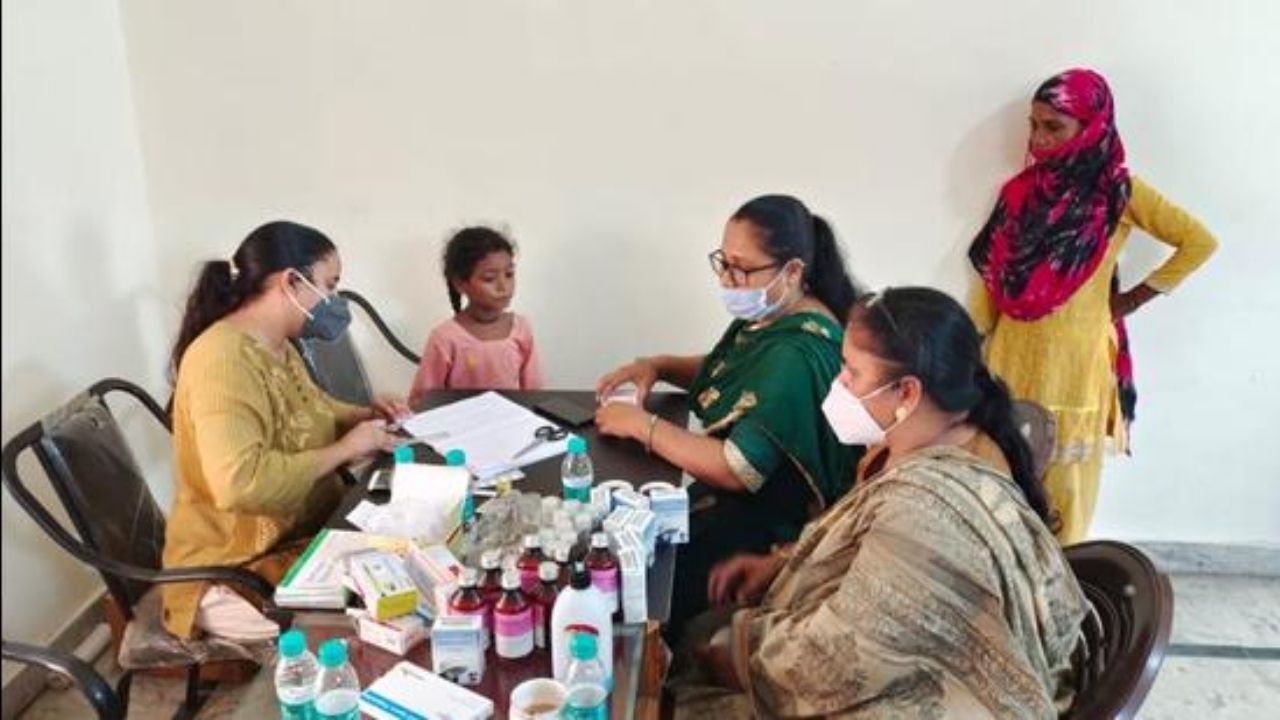In a troubling incident from Jajpur College in Odisha, India, the Head of Department (HoD), Niranjan Panda, has been accused of sexual harassment by a male student. This case is not only alarming but also brings to light several critical issues regarding sexual harassment in educational institutions. The college administration has since formed an internal inquiry committee to investigate these allegations, but what does this mean for students, faculty, and the larger community? Let’s dive into this case to understand the facts, implications, and what steps can be taken to ensure a safer environment for everyone.

This article will break down the Jajpur College HoD sexual harassment allegations by providing key details, insights, and advice. Whether you’re a student, teacher, or someone looking to understand how institutions handle such serious accusations, we’ve got you covered with everything you need to know.
Jajpur College HoD Faces Sexual Harassment Allegations
| Topic | Details |
|---|---|
| Incident | Male student accuses HoD Niranjan Panda of sexual harassment Sambad English |
| Internal Committee Formed | Five-member inquiry committee formed by the college |
| Past Incident | Niranjan Panda had been arrested in 2021 for similar allegations |
| Police Involvement | Police have started an investigation, no arrests yet Times of India |
| Legal Framework | POSH Act 2013 enforced to prevent workplace harassment |
The allegations against Niranjan Panda, the HoD at Jajpur College, have brought to the forefront the serious issue of sexual harassment in educational settings. It’s vital for both students and faculty to understand their rights and responsibilities in creating a safe environment for learning.
Educational institutions must take proactive measures, like implementing clear policies and offering support to victims, to prevent such incidents from occurring in the first place. As the investigation continues, both the internal inquiry committee and the police will work to uncover the truth and ensure that justice is served.
Background of the Allegation: What Happened in Jajpur College?
In the small district of Jajpur, Odisha, an unfortunate situation unfolded at Chitalo College. A male student has accused his HoD, Niranjan Panda, of sexual harassment. The student claims that Panda repeatedly invited him to his residence, where he allegedly demanded sexual favors in exchange for good grades. According to the student, Panda also threatened to fail him in front of two witnesses if he refused.
This incident took place on July 16, 2025, and was immediately brought to the attention of the college administration and local police. In response, the college quickly formed a five-member internal inquiry committee to investigate the allegations and ensure a thorough and fair process. The committee was given until July 21 to submit a report on its findings.
Understanding the Broader Impact of Sexual Harassment in Education
Sexual harassment in educational settings is a serious issue that affects not only the victim but also the entire institution and community. In this case, a male student is the alleged victim, which raises an important point—sexual harassment can happen to anyone, regardless of gender.
Education institutions are meant to be places of safety, learning, and growth, but unfortunately, harassment still happens. As teachers and students navigate the dynamics of academic relationships, it’s crucial to have clear policies in place and a zero-tolerance approach to such behavior.
The Sexual Harassment of Women at Workplace (Prevention, Prohibition, and Redressal) Act, 2013 (POSH Act) was implemented to address harassment in workplaces, including educational institutions. This case highlights the importance of enforcing the law to ensure that both students and faculty feel safe and respected.
What Happens Next? The Investigation Process
The formation of an internal inquiry committee is a crucial first step in the investigation. In this case, the five-member committee will be tasked with examining the allegations thoroughly. Here’s what will likely happen next:
- Evidence Gathering: The committee will review all available evidence, including witness testimonies, documents, and any other materials that could provide clarity on the situation.
- Interviews: Both the accused and the victim will be interviewed, alongside any potential witnesses. This is to ensure a fair investigation and to understand the full scope of what occurred.
- Report Submission: After completing the investigation, the committee will submit a report with its findings. Based on this report, the college administration will decide on appropriate actions.
- Police Investigation: Parallel to the internal committee’s inquiry, the police will also be investigating the matter. They may take further legal action depending on the evidence they uncover.
How Institutions Can Prevent Sexual Harassment: Steps for Improvement
Educational institutions play a critical role in shaping the future of the next generation. Ensuring that these institutions are free from harassment should be a top priority. Here are some practical steps that colleges and universities can take to create a safer environment for both students and faculty:
1. Educate About Harassment
It’s important that everyone in the institution understands what constitutes harassment. Schools should provide regular training on harassment laws, the implications of inappropriate behavior, and the rights of students and faculty.
For example, regular workshops or seminars on the POSH Act 2013 can raise awareness and help prevent incidents like this from occurring.
2. Set Clear Policies and Procedures
Institutions should have a well-defined policy for handling sexual harassment. This should include:
- Clear definitions of harassment.
- Reporting mechanisms for students and faculty.
- Actionable steps for addressing complaints and concerns.
These policies should be made easily accessible to everyone in the institution.
3. Support Systems for Victims
Creating a safe and supportive environment for those who report harassment is essential. Institutions should offer counseling services and legal support for victims, ensuring they feel safe and heard during the investigation process.
4. Regular Monitoring and Evaluation
Institutions should regularly assess their policies and procedures to ensure they are effective. Feedback loops from students and faculty can provide valuable insights into how the school is handling harassment cases and what improvements are needed.
Minor Girl Set on Fire in Odisha’s Puri—Grim Details Emerge as She Battles for Survival
Odisha Orders Higher Ed Institutes to Prominently Display Women’s Helpline (181) on Campus
Odisha Student Dies by Self-Immolation Over Alleged Sexual Harassment by Teacher
FAQs
What is the POSH Act, and how does it apply to educational institutions?
The POSH Act, or the Sexual Harassment of Women at Workplace (Prevention, Prohibition, and Redressal) Act, 2013, is a law designed to protect individuals from sexual harassment at work. It mandates the formation of internal committees to handle complaints, offers protection to victims, and ensures that every institution has policies in place to deal with harassment.
How does an internal inquiry committee work in cases of harassment?
An internal inquiry committee is formed by the institution to investigate allegations of sexual harassment. The committee collects evidence, interviews the involved parties, and submits a report with recommendations for the institution on how to proceed.
What steps can students take if they are harassed by a teacher?
If a student is harassed, they should immediately report the incident to the institution’s grievance cell, principal, or a trusted faculty member. They can also file a formal complaint with the police. Support services, such as counseling, should also be available.
Can a teacher be reinstated after being accused of harassment?
In some cases, if the teacher is found not guilty after an investigation, they may be reinstated. However, each case is unique and depends on the investigation’s findings.





